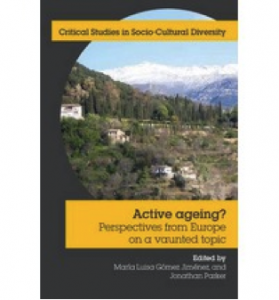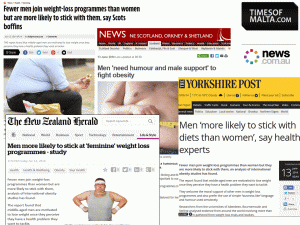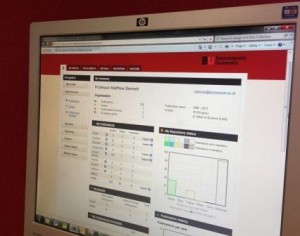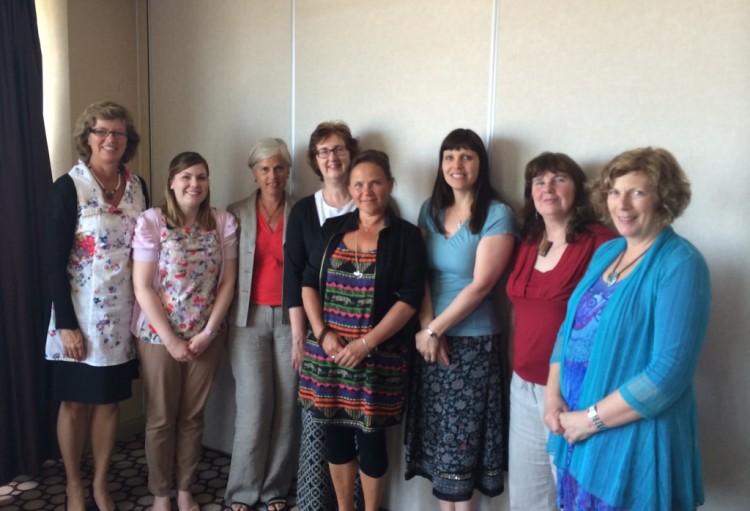Social Responsibility, Social Change and Organizational Engagement
Facultat de Comunicacio Blanquerna, Universitate Ramon Llull, Barcelona, Spain | 9-10 October 2014
You are invited to attend the 3rd International Conference on Social Responsibility, Ethics and Sustainable Business to be held at Facultat de Comunicacio Blanquerna, Universitate Ramon Llull, Barcelona, Spain on October 9-10, 2014. The purpose of the conference is to create a networking opportunity for both researchers and practitioners to discuss recent insights on socially responsible practices in the non- and for-profit sector.
Although academic in nature, representatives in the business environment will deliver case studies on sustainability practices and will reflect on the challenges and opportunities that corporate social responsibility brings to different industries. The main topics of the conference, but not limited to these, are:
CSR and Sustainability,
CSR and Business Ethics,
CSR, Social Media and Grass-Roots Campaigns,
CSR and Education,
CSR and Reputation,
CSR and Crisis Management,
Communicating CSR,
CSR initiatives/strategies,
Corporate Governance,
NGO Marketing,
Ethical Stakeholder Engagement,
CSR, SmartCities and Mobility.
Please send an abstract of 300 words in a Word document format via email to georgiana.grigore@csrconferences.org by August 1, 2014. No more than two papers will be accepted from any author. The abstracts of the papers will be published in the Conference Proceedings.
Offers to run workshops, symposia, poster sessions, themed tracks or alternative events are especially welcome. Please contact dr. Enric Ordeix, enricor@blanquerna.url.edu with suggestions.
Abstracts registration: August 1, 2014 (extended deadline)
Full paper deadline: October 30, 2014 (extended deadline)
Conference fees
Regular conference fee – 250 EURO: Deadline 15 September.
Early bird fee: payments made until 30 August 2014 – 200 EURO.
There are a limited number of fee weavers – 50% off the regular conference fee (125 Euro) — for PhD students. The fee weavers are offered on competitive basis. Please contact the conference chair dr. Enric Ordeix.
We will publish proceedings and full details concerning other publishing opportunities for the papers presented at the conference will be provided during the conference.
Venue of the Conference
The conference will be held at Facultat de Comunicacio Blanquerna, Universitate Ramon Llull, Barcelona, Spain.The conference fee will include meals and conference materials. There is plenty of good hotel accommodation nearby to suit all budgets and details will be given with registration details.
Full and updated details can be found at the conference website: www.csrconferences.org
We look forward to welcoming you to Barcelona in 2014 for what promises to be an exciting conference.
Chairs
Georgiana F. Grigore, PhD, The Media School, Bournemouth University, UK
Alin Stancu, PhD, Marketing Department, Bucharest University of Economic Studies, Romania
Enric Ordeix, PhD, Blanquerna School of Communication, Ramon Llull University
Organizing Comittee
Anastasios Theofilou, PhD, The Media School, Bournemouth University, UK
Dan Jackson, PhD,The Media School, Bournemouth University, UK
Cristian Ducu, PhD, Centre for Advanced Research in Management and Applied Sciences, Romania
Cristina Martorell, PhD, Blanquerna School of Communication, Ramon Llull University, Spain
Jordi Botey, PhD, Blanquerna School of Communication, Ramon Llull University, Spain
Josep Rom, PhD, Blanquerna School of Communication, Ramon Llull University, Spain
Review process
Acceptance of papers for the conference will be based on a review of a 300 words abstract. Following acceptance, attendees will be expected to submit a full paper, which will also be reviewed by two members of the international board in preparation for publication in the proceedings.
Submission of abstracts
Abstracts of 300 words should be send in a Word document via email to georgiana.grigore@csrconferences.org


























 New Nepal scoping review on maternal & neonatal health
New Nepal scoping review on maternal & neonatal health Fourth INRC Symposium: From Clinical Applications to Neuro-Inspired Computation
Fourth INRC Symposium: From Clinical Applications to Neuro-Inspired Computation Writing policy briefs
Writing policy briefs Upholding Excellence: The Concordat to Support Research Integrity
Upholding Excellence: The Concordat to Support Research Integrity ECR Funding Open Call: Research Culture & Community Grant – Application Deadline Friday 12 December
ECR Funding Open Call: Research Culture & Community Grant – Application Deadline Friday 12 December MSCA Postdoctoral Fellowships 2025 Call
MSCA Postdoctoral Fellowships 2025 Call ERC Advanced Grant 2025 Webinar
ERC Advanced Grant 2025 Webinar Horizon Europe Work Programme 2025 Published
Horizon Europe Work Programme 2025 Published Horizon Europe 2025 Work Programme pre-Published
Horizon Europe 2025 Work Programme pre-Published Update on UKRO services
Update on UKRO services European research project exploring use of ‘virtual twins’ to better manage metabolic associated fatty liver disease
European research project exploring use of ‘virtual twins’ to better manage metabolic associated fatty liver disease